Estrogen Rich Foods: 21 Best Sources For Heart & Bone Health
Keep your hormones in check with some simple natural ingredients at home!
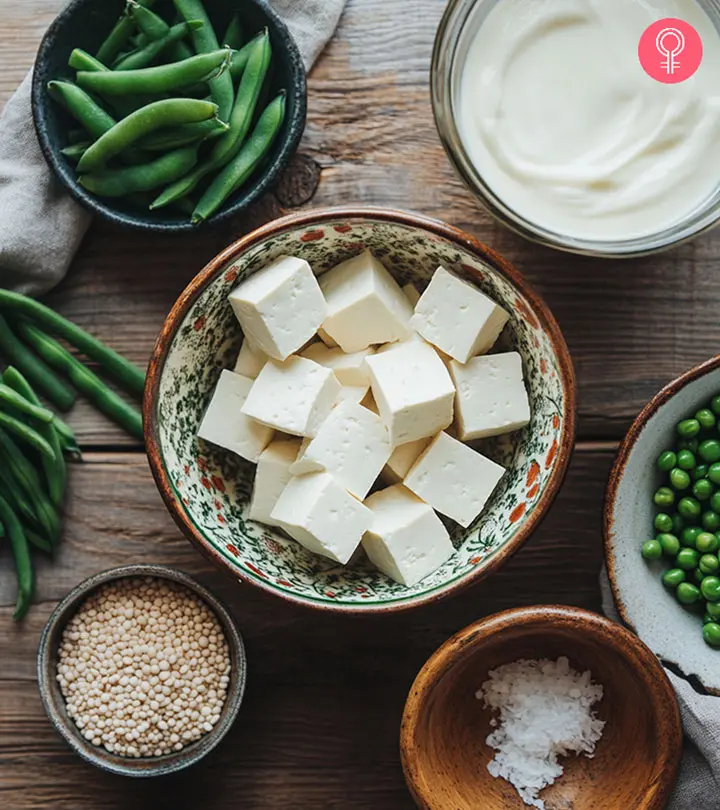
Image: Midjourney/ StyleCraze Design Team
Healthy living requires consuming estrogen-rich foods. The levels of important hormones such as estrogen, progesterone, and testosterone decrease with the onset of menopause. Estrogen plays a crucial role in cholesterol metabolism as it increases good cholesterol levels and reduces bad cholesterol levels. In addition, this hormone reduces the risk of heart attacks by relaxing blood vessels.

This means you should be concerned about your estrogen deficiency. This article discusses the benefits of estrogen-rich foods and the recommended intake. Keep reading to know what estrogen is, why it is essential and what foods are high in estrogen.
In This Article
What Is Estrogen And Why Is It Essential?
Estrogen is a group of similar hormones that are present in both males and females. In men, it is present in a much less concentration than in women. This little hormone is responsible for making women behave like women.
It oversees the development of female sexual characteristics and is produced mainly in the ovaries (1). The ovaries release estrogen during menstruation and between cycles. These two periods of rise in estrogen levels are alternated by a gradual fall in the levels during a month (2).
Estrogen is a vital hormone due to its countless roles and functions in the body. Apart from regulating menstrual cycles, it also regulates the reproductive tract, urinary tract, cardiovascular system, bones, secondary sexual characteristics, skin, and hair (3).
 Did You Know?
Did You Know?How do you ensure that your body gets its requirement of estrogen? There are two ways you can do it. One, by changing your lifestyle habits. Control stress, as stress causes an imbalance in estrogen levels. Strength training also helps as it increases the levels of estrogen (and testosterone too). And two, you can consume foods that increase estrogen levels, as categorized below.
Key Takeaways
- Estrogen is a hormone produced in women that may maintain reproductive health.
- Estrogen also regulates heart health, bones, skin, and hair.
- Flax seeds are considered to be the best source of estrogen that may lower cholesterol.
- Peaches and garlic containing phytoestrogens may prevent certain cancers and heart diseases.
What Are Some Estrogen Rich Foods?
Seeds:
Flax seeds, Sesame seeds
Soy Products: Soy beans, Soy Milk, Soy Yogurt, Tofu
Fruits: Peaches, Strawberries
Vegetables: Alfalfa Sprouts, Mung Bean Sprouts, Green Beans
Legumes: White Beans, Black Beans
Nuts: Pistachios, Walnuts, Peanuts
Dried Fruits: Dried Apricots, Dates, Dried Prunes
Beverages: Red Wine
Herbs: Garlic
Grains: Multigrain Bread
Seeds
1. Flax Seeds
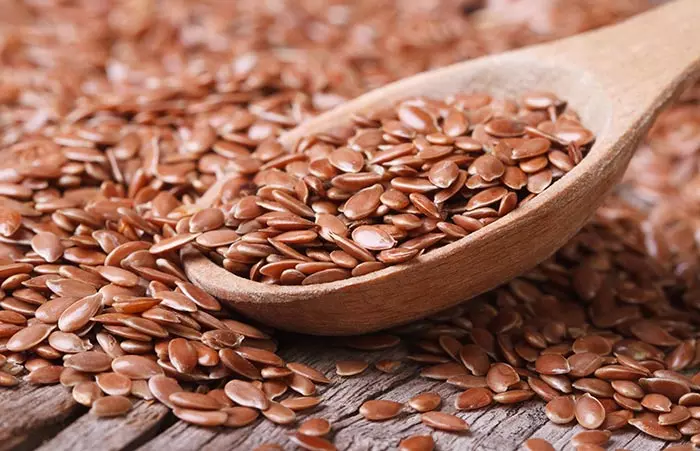
Flax seeds are considered one of the best sources of estrogen and they occupy the top position in the list of foods containing phytoestrogeni Plant-based compounds similar to the estrogen hormone produced by the human body that help fight cholesterol and improve heart health. . Also called linseeds, these are said to contain three times more phytoestrogens than soybeans. Apart from containing estrogen, they are also a rich source of dietary fiber and healthy fats like omega-3 fatty acids and help lower cholesterol levels in the body.
- Serving Size – 1 tablespoon
- Isoflavones – 22.5 mg
- Phytoestrogens (per 100 grams) – 379,380 mcg
How To Include In Your Diet
Ground flaxseeds can be sprinkled on yogurt, oatmeal, or breakfast cereals. They can also be added to cookies and muffins before baking.
2. Sesame Seeds
These are quite high in lignans, hormones that help balance estrogen levels in a woman’s body. They are also high in dietary fiber and several vitamins and minerals.
- Serving Size – 1 ounce
- Lignans – 11.2 mg
- Phytoestrogens (per 100 grams) – 8008.1 mcg
How To Include In Your Diet
One of the best ways to consume sesame seeds is to make a paste of them, called tahini, and use it as a dipping sauce. You can also add them to your soup, salad, or stir-fried vegetables.
Soy Products
3. Soy
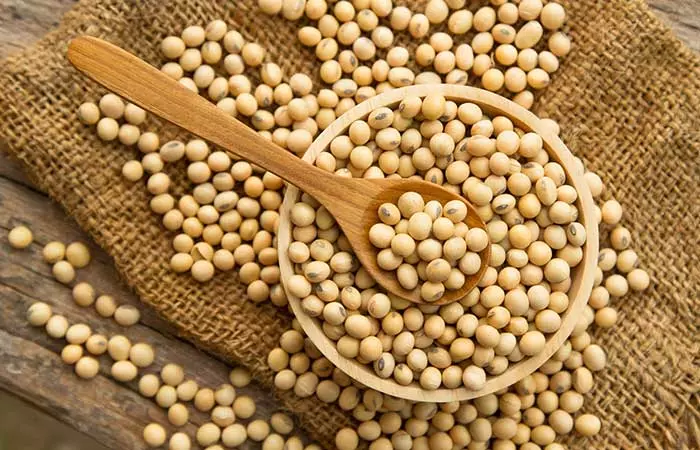
Soy is one of the highest estrogen foods. It contains phytoestrogens called isoflavones that affect the estrogen metabolism in the body. Edamame are the pods produced by a soy plant that affect estrogen metabolism.
- Serving Size – 1 cup
- Isoflavones – 24 mg
- Phytoestrogens (per 100 grams) – 103,920 mcg
How To Include In Your Diet
Soy is best enjoyed roasted. Carry some roasted soy nuts with you to munch throughout the day to curb your hunger pangs. Apart from estrogen, they also contain a healthy dose of nutrients.
4. Soy Milk
Soy milk is also an extremely rich source of phytoestrogens
. It is beneficial in providing relief from menstrual problems like cramps or pain by restoring the estrogen levels in the body.
- Serving Size – 200 ml
- Isoflavones – 30 mg
- Phytoestrogens (per 100 grams) – 2957.2 mcg
How To Include In Your Diet
Soy milk is available in the market in ready-to-drink tetra packs. Have it as a midday snack. You can also add soy milk to your breakfast cereal instead of your regular cow’s milk.
5. Soy Yogurt
Also known as bean curd yogurt, this is made from soy milk, making this yogurt a good source of phytoestrogens.
- Serving Size – 200 grams
- Isoflavones – 21 mg
- Phytoestrogens (per 100 grams) – 10,275 mcg
How To Include In Your Diet
Soy yogurt can be eaten as it is, along with meals. You can add fruits and nuts to this and enjoy it as a healthy snack.
6. Tofu
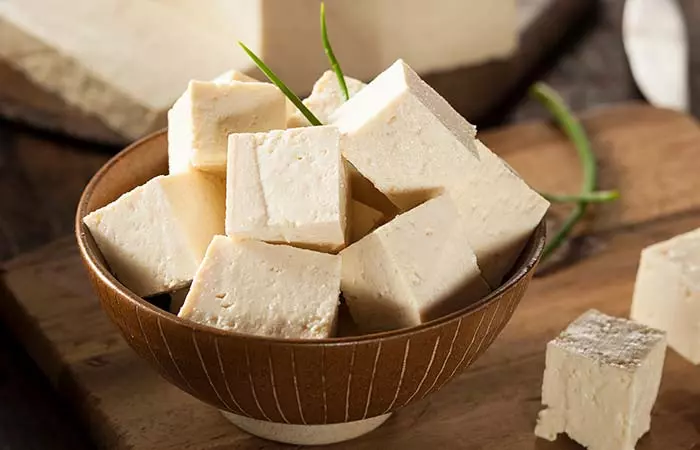
The soy version of cottage cheese, tofu, is also made directly from soy milk. Available in soft and firm varieties, this ingredient helps to improve the levels of estrogen in the body.
- Serving Size – 3 ounces
- Isoflavones – 20 mg
- Phytoestrogens (per 100 grams) – 27,150 mcg
How To Include In Your Diet
Tofu is a versatile ingredient that can be used in soups, salads, or curries. You can also sauté it along with a few other veggies of your choice and have it as a side salad or snack.
7. Tempeh
Tempeh is made from fermenting fresh or cooked soybeans and has a nutty flavor. It may have the potential to impact estrogen levels in the body.
- Serving Size – 100 grams
- Isoflavones – 0.04 mg
- Phytoestrogens (per 100 grams) – 22,510 mcg
How To Include In Your Diet
Tempeh is a versatile ingredient that is suitable for marinating, grilling, stir-frying, or crumbling in various dishes. It can be used in sandwiches, salads, or as a meat substitute in vegan or vegetarian recipes. It is an excellent source of plant-based protein and phytoestrogens and provides a variety of essential nutrients, making it a valuable addition to any balanced diet.
Nuts
8. Pistachios
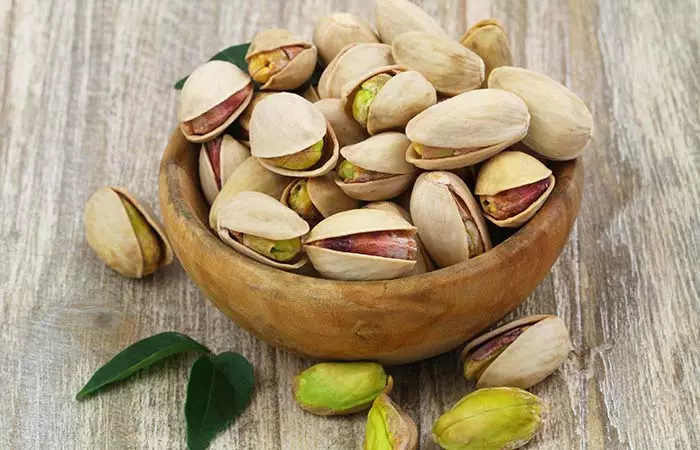
Pistachios contain the highest amount of phytoestrogens among all nuts.
- Serving Size – 1 ounce (28 grams)
- Isoflavones – 49.5 mg
- Phytoestrogens (per 100 grams) – 382.5 mcg
How To Include In Your Diet
They are best enjoyed raw or roasted. You can also add them in a trail-mix and consume with other nuts.
9. Walnuts
Walnuts are one of the healthiest nuts. They are rich in phytoestrogens as well as protein, omega-3 fatty acids, and a wide variety of essential nutrients.
- Serving Size – 1 ounce (28 grams)
- Isoflavones – 14.9 mg
- Phytoestrogens (per 100 grams) – 26 mcg
How To Include In Your Diet
You can add chopped walnuts to salads or top them over fruits, ice creams, or frozen yogurt. You can also eat them as it is or mixed with other nuts.
10. Peanuts
One of the most commonly available nuts in the market, peanuts are also a good source of phytoestrogens.
- Serving Size – 1 ounce (28 grams)
- Phytoestrogens (per 100 grams) – 34.5 mcg
How To Include In Your Diet
They add crunch to your salads. They can also be eaten raw or ground into peanut butter and used as a spread.
Dry Fruits
11. Dried Apricots, Dates, And Prunes
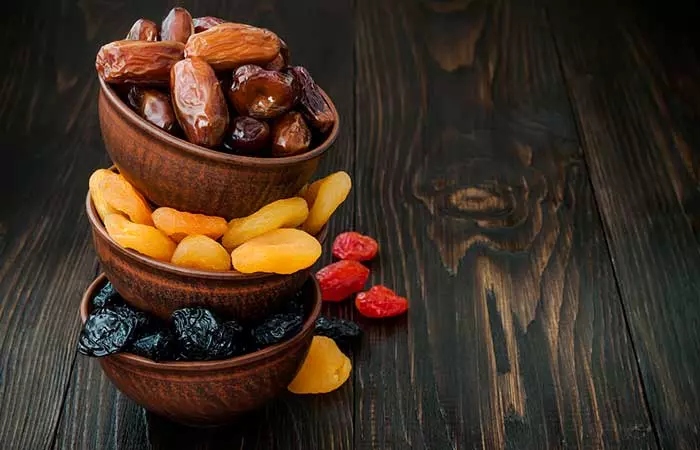
These are healthy snacks that are rich in phytoestrogens as well as fiber. The process of drying these fruits increases the amount of phytoestrogens, vitamins, and minerals in them.
- Serving Size of Dried Apricots – 130 grams
- Phytoestrogens (per 100 grams) – 445.5 mcg
- Serving Size of Dates – 24 grams
- Phytoestrogens (per 100 grams) – 329.5 mcg
- Serving Size of Prunes – 248 grams
- Phytoestrogens (per 100 grams) – 177.5 mcg
How To Include In Your Diet
These dried fruits are healthy as well as palatable. They are best enjoyed as a mid-day snack. Carry these with you to munch between meals.
Vegetables
12. Alfalfa Sprouts
These are one of the best choices to boost your estrogen levels. These sprouts are very low in carbohydrates and calories and are extremely healthy.
- Serving Size – 33 grams
- Isoflavones – 130 mg
- Phytoestrogens (per 100 grams) – 441.4 mcg
How To Include In Your Diet
Alfalfa sprouts
can be added to your salads, soups, or sandwiches to add a nutritional boost to your meal.
13. Mung Bean Sprouts
These are a great source of phytoestrogens, along with other nutrients like folate, iron, vitamin B-complex, and fiber.
- Serving Size – 104 grams
- Isoflavones – 238.99 mg
- Phytoestrogens (per 100 grams) – 495.1 mcg
How To Include In Your Diet
You can have them boiled or raw, either as it is, or added to salads or soups.
14. Green Beans
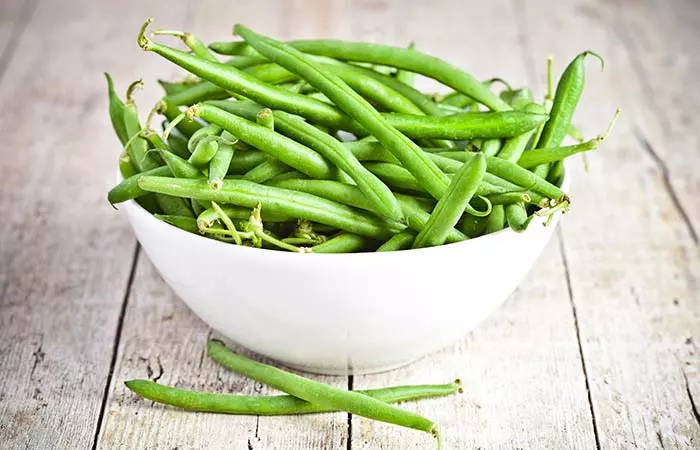
These vegetables are very low in calories and high in nutrients. Green beans are also a good source of iron, and iron-rich foods may lower the risk of ovulatory infertility.
- Serving Size – 110 grams
- Isoflavones – 42.9 mg
- Phytoestrogens (per 100 grams) – 105.8 mcg
How To Include In Your Diet
Green beans can be added to sautéed vegetables or stir-fries. They can also be cooked as a curry and eaten with rice.
Fruits
15. Peaches
These delicious fruits are also very healthy. They are considered to be one of the best nutrient-dense foods and are high in phytoestrogens. Peaches are also said to help reduce the risk of heart diseases, stroke, and cancer (4).
- Serving Size – 175 grams
- Isoflavones – 4.55 mg
- Phytoestrogens (per 100 grams) – 64.5 mcg
How To Include In Your Diet
Peaches are delicious fruits that can be eaten raw or made into desserts like peach cobblers or peach pies.
16. Strawberries
When it comes to fruits, strawberries are considered one of the foods rich in estrogen. Strawberries are not only rich in phytoestrogens, but they also possess a multitude of health benefits that include healthy skin and hair, increased energy levels, and a lower risk of obesity.
- Serving Size – 152 grams
- Isoflavones – 3.65 mg
- Phytoestrogens (per 100 grams) – 51.6 mcg
How To Include In Your Diet
Strawberries can be eaten raw. You can add diced strawberries to plain yogurt, waffles, pancakes or oatmeal. You can also blend strawberries with another fruit, like banana, and make a healthy smoothie.
Legumes
17. White Beans
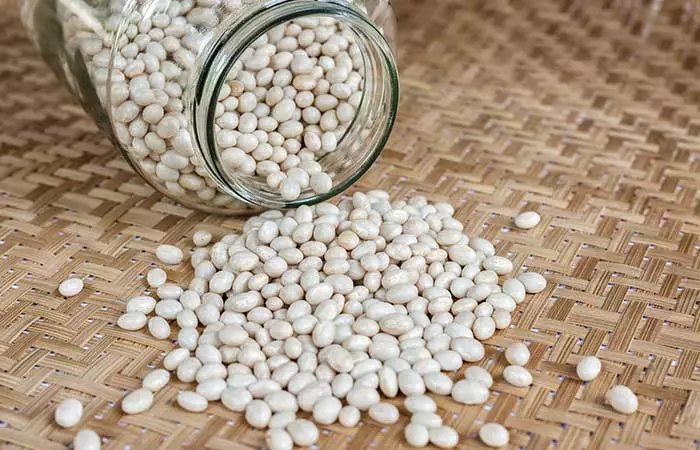
White beans are extremely healthy – rich in phytoestrogens, fiber, and nutrients like iron, folate, and calcium. This helps balance estrogen levels in the body.
- Serving Size – 179 grams
- Isoflavones – 70 mg
- Phytoestrogens (per 100 grams) – 72.7 mcg
How To Include In Your Diet
There are plenty of ways to enjoy white beans. You can toss boiled white beans in a salad or ground them into a paste and have it as a dip.
18. Black Beans
These are so healthy that they can be consumed every single day. They enhance fertility in women since they are rich in phytoestrogens. They are also a rich source of protein, fiber, antioxidants, and several vitamins and minerals.
- Serving Size – 172 grams
- Phytoestrogens (per 100 grams) – 5330 mcg
How To Include In Your Diet
Black beans taste great when added to soups or salads. You can also make a black bean spread and have it with carrot and cucumber slices.
Beverages
19. Red Wine
Red wine contains a phytoestrogen called resveratrol that increases estrogen levels in the body and also reduces the risk of cardiovascular diseases when you have it in moderation. For women, this dose translates to one glass of alcohol-containing beverage per day for women (5).
- Serving Size – 30 ml
- Isoflavones – 4.95 mg
- Phytoestrogens (per 100 grams) – 53.9 mcg
How To Include In Your Diet
Red wine is best enjoyed
as it is or along with a light snack like roasted peanuts. or with an evening meal. Drink this in moderation. Physicians recommend not more than 2 servings a day for men and 1 serving a day for women. (5)
Herbs
20. Garlic
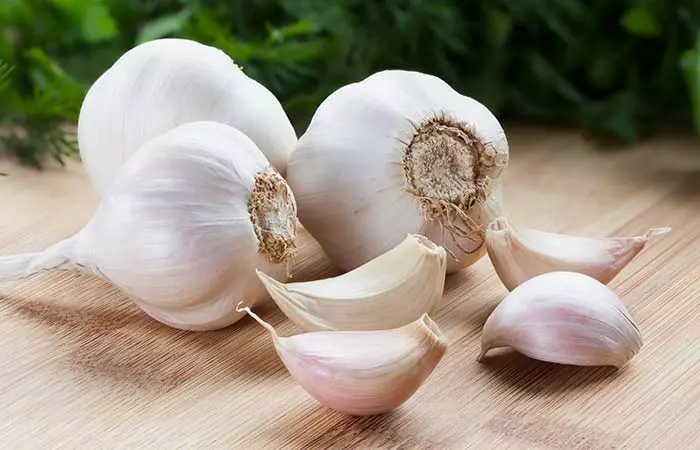
Garlic is very rich in isoflavones and provides a lot of health benefits. This estrogen-rich food ingredient is known to help reduce cholesterol and prevent heart diseases and cancer.
- Serving Size – 9 grams (3 cloves)
- Isoflavones – 1.8 mg
- Phytoestrogens (per 100 grams) – 603.6 mcg
How To Include In Your Diet
You can add chopped garlic to soups, salads, sautés, stir-fries, pasta, and stews to add a boost of flavor.
Grains
21. Multigrain Bread
This contains a phytoestrogen known as lignan. This category includes grains like oats, barley, wheat, and rye.
- Serving Size – 26 grams (1 slice)
- Lignans – 1244 mg
- Phytoestrogens (per 100 grams) – 4798.7 mcg
How To Include In Your Diet
Multigrain bread is usually a very common part of our diet. You can make a sandwich or spread peanut butter or cheese over toasted multigrain bread and have it for breakfast or as a snack.
While we know what foods have estrogen, how do we know if we are getting enough of it?
Let’s find out below.
Are You Getting Enough Estrogen?
How do you know if you are getting enough estrogen in your diet?
You probably know better when you get it checked at a clinic or a hospital.
But here are some ways for you to ensure that you are doing your bit to maintain healthy estrogen levels in your body.
- Look out for some symptoms that indicate a hormonal imbalance in the body, like irregular periods, insomniai A sleep disorder characterized by difficulty in falling asleep and staying asleep for an extended period. , hot flashes, erratic mood swings, vaginal dryness, decreased fertility, and loss of bone density (6). These may also be indicative of low estrogen symptoms.
- Make sure you consume foods high in estrogen. Women do not get estrogen from their diet, but eating healthy foods that are rich in phytoestrogen gives the body a chance to produce estrogen naturally (7).
- Reduce sugar intake. Research shows that consuming too much sugar is related to an imbalance of testosterone and estrogen levels in the body (8). Replace foods containing refined white flour with whole grains. This will also help in blood sugar control.
- Make sure to do a moderate workout for about 30 minutes every day.
- Quit smoking if you are a smoker. In premenopausal women, smoking is associated with menstrual dysfunction, infertility, and early onset of menopause (9).
- Getting a good night’s sleep (7 to 8 hours) works wonders for the body. Research shows that sleep disturbances determine a woman’s overall health, especially her menstrual cycle, pregnancy, and menopause (10).
 Quick Tip
Quick Tip All good. But how much of it do we need to consume per day?
Keep reading to find out.
Daily Recommendation Of Estrogen
Estradiol is a form of estrogen that is prescribed by physicians to treat low levels of estrogen in the body and menopausal symptoms like hot flashes, mood swings, and vaginal drying.
It is also commonly prescribed for the treatment of certain cancers.
Here is the recommended dosage for various purposes: (11)
| Disease Conditions | Oral Intake | Topical Application | Vaginal Ring |
| Postmenopausal Symptoms | 0.45 mg to 2 mg Once daily | 0.025 mg to 0.1 mg/day Once-twice weekly | 0.05 mg to 0.1 mg For 3 months |
| Atrophic Urethritis | 1 to 2 mg Once daily | 0.025 mg to 0.1 mg/day Once-twice weekly | 0.05 mg to 0.1 mg For 3 months |
| Atrophic Vaginitis | 1 to 2 mg Once daily | 0.025 mg to 0.1 mg/day Once-twice weekly | 0.05 mg to 0.1 mg For 3 months |
| Hyperestrogenism | 1 to 2 mg Once daily | 0.025 mg to 0.1 mg/day Once-twice weekly | |
| Oophorectomy | 1 to 2 mg Once daily | 0.025 mg to 0.1 mg/day Once-twice weekly | |
| Primary Ovarian Failure | 1 to 2 mg Once daily | 0.025 mg to 0.1 mg/day Once-twice weekly | |
| Breast Cancer | 10 mg Three times daily | ||
| Osteoporosis | 0.5 mg Once daily | 0.025 mg to 0.1 mg/day Once-twice weekly | |
| Prostate Cancer | 1mg to 2 mg Three times daily |
But what if you do not want to take medications to increase your estrogen levels? Are there any natural ways of doing so?
Of course! Let’s see what they are.
Natural Estrogen Supplements
Not everybody wants to take medications to increase their estrogen levels. For such people, there might be a few alternative natural treatments. Some of them are listed below:
- Phytoestrogens
These are plant estrogens that are naturally present in some foods. They are widely promoted as the “natural alternative” for women who undergo estrogen replacement therapy or have had a hysterectomyi A surgical procedure to remove the womb (uterus) by making a small incision in your lower abdomen. . For women in low estrogen states, like menopause, phytoestrogens can help alleviate symptoms such as hot flushes and osteoporosis. Phytoestrogens are also believed to lower the risk of cardiovascular diseases, obesity, type2 diabetes, certain types of hormone-dependent cancers, and more (12). However, they also pose risks, such as abdominal pain and sleepiness, due to their anti-estrogenic properties (13). So, they should be considered only after consulting a healthcare professional.
Isoflavones are the best form of phytoestrogens and are present in soy products. It is said that about 1 g of soybeans contains 1 mg of isoflavonesi Plant-based compounds that mimic estrogen in mammals and protect against diseases like osteoporosis and heart diseases. . Safe daily consumption is said to be 50 mg of isoflavones (12).
There are certain herbs like thyme and sage that contain estrogen-like compounds. These compounds mimic the effect of estrogen and help to balance its levels in the body.
- Bioidentical Hormones
These hormones are so termed since their molecular structure is similar to the hormones that women produce naturally in their bodies. Bioidentical hormones are made from plant chemicals that are extracted from plant- based foods like yams and soy (13).
Bioidentical Hormone Therapy is a natural method since these hormones act just like the ones in the body, and the body cannot differentiate between the two.
- Black Cohosh
A few women use this to treat symptoms like hot flashes, menstrual cramps, and premenstrual syndrome. Studies are being done on black cohosh for years, but there is no strong evidence that supports this claim (14).
While natural estrogen supplements may be helpful, incorporating foods high in estrogen in your regular diet is a sustainable and efficient alternative to consider.
How To Incorporate Estrogen-Rich Foods Into Daily Meals
- Add ground flaxseeds or chia seeds to smoothies, yogurt, or oatmeal.
- Consume phytoestrogen-rich produce, such as apples, berries, carrots, and pomegranates.
- Add lentils, beans, and barley to soups and stews for a nutrient-dense, estrogen-boosting meal.
- Incorporate tofu, tempeh, or soy milk in stir-fries, soups, or baked goods for a plant-based alternative.
- Simply substitute soy-based yogurts or almond milk in your coffee, tea, or recipes.
Once you understand how to incorporate foods high in estrogen into your diet, it is useful to learn how they can be customized to fit different dietary needs. Scroll down to know more.
How Estrogen-Rich Foods Can Fit Into Different Dietary Requirements
- Products made from soy, such as tempeh, tofu, and soy milk, are great sources of phytoestrogens and fit in nicely with plant-based diets.
- Numerous foods high in estrogen, including quinoa, lentils, soy, flaxseeds, and almonds, are naturally gluten-free and can be used in recipes in place of grains that contain gluten.
- Nuts, seeds, and soy products like tofu are low in carbs and rich in phytoestrogens, making them suitable for low-carb or ketogenic meal plans.
- Although soy and legumes are not allowed in paleo diets, phytoestrogens can still be found in foods like pomegranates, flaxseeds, and sesame seeds.
- Numerous foods high in estrogen, like fruits, vegetables, and legumes, are low in calories and high in nutrients, perfect for promoting weight reduction or maintenance.
Infographic: Most Easily Available Estrogen-Rich Foods
Estrogen plays an essential role in cholesterol metabolism and regulating women’s menstrual cycle. So it is crucial to maintain the level of this hormone, as discussed in this article. Many food items are rich in estrogen, but it may be challenging to find all of them.
Check out the infographic below to know about the most readily available estrogen-rich food.
Some thing wrong with infographic shortcode. please verify shortcode syntax
Estrogen levels are responsible for the libido of women, although men also have this hormone in smaller quantities. The hormone plays a key role in women’s health, starting from regulating the menstrual cycle and reproductive tract to being responsible for a healthy cardiovascular system and secondary sexual characteristics.
You can stop this hormone from dwindling by consuming foods that are natural estrogen sources like meat and poultry, fish and seafood, flax seeds, soy products, walnuts, strawberries, peanuts, red wine, garlic, and multigrain bread. It is important to complement this diet with strength training and a stress-free lifestyle for effective results. Consult a doctor immediately if you experience symptoms like irregular periods, hot flashes, sleeplessness, and mood swings, which result from low estrogen levels.
Frequently Asked Questions
Do bananas increase estrogen?
Blanca Garcia, Registered Dietitian Nutritionist, says, “Compared to soy-based products, bananas have negligible phytoestrogen (plant-based estrogen) content. Hence, consumption will not cause a significant increase in estrogen levels.”
What triggers low estrogen?
According to Garcia, “Low estrogen levels can be seen in eating disorders, severe emotional/psychological stress, excessive exercise, and menopause. Each of these conditions has a unique mechanism for why estrogen levels are low, and treatment is based on these underlying factors.”
Does turmeric increase estrogen levels?
Garcia says, “Turmeric contains a biological compound known as curcumin. It has been demonstrated in numerous studies that curcumin inhibits estrogen activity in reproductive tumors, suggesting that it has antitumor properties. In this case, turmeric reduces estrogen activity rather than increasing it.”
Do all men have estrogen?
Yes, they do. But in a much smaller concentration than women.
Are “natural” alternatives safer or more effective than hormone therapy?
The FDA does not have evidence regarding natural methods. But studies show that they are effective as alternate methods. Please consult with your physician to determine the best therapy for you. We are recommending these foods based on the fact that most people do not consume the recommended amounts of fruits and vegetables, whole foods, nuts and seeds, and legumes, all good sources of estrogens. It’s always a good idea to discuss extra therapies with your physician, though.
Are eggs high in estrogen?
Yes. In a study, the consumption of chicken eggs was linked to an increase in estradiol, a form of estrogen hormone (15).
Does vitamin D increase estrogen?
Yes. Vitamin D is a critical factor in the synthesis of the estrogen hormone (16).
What happens when estrogen is low?
Low estrogen levels may hinder the development of secondary sexual characteristics, induce hot flashes, and lead to mood swings.
Is milk high in estrogen?
Possibly. Dairy products like milk may contain estrogen and similar hormones that are transferred from the cow to the milk (17).
Is avocado high in estrogen?
Possibly not. However, anecdotal evidence suggests that avocados may hinder estrogen absorption and may help balance estrogen levels.
Can vitamin C increase estrogen levels?
Yes. Studies have found that vitamin C boosts estrogen levels in post-menopausal women on hormone therapy (18).
What is the most potent estrogen?
Out of the three estrogen hormones, estradiol is the most potent (19 ).
Does ginger lower estrogen levels?
Possibly not. A study showed that ginger honey significantly increased the concentration of estrogen in mice (20).
Illustration: Estrogen-Rich Foods You Should Include In Your Diet
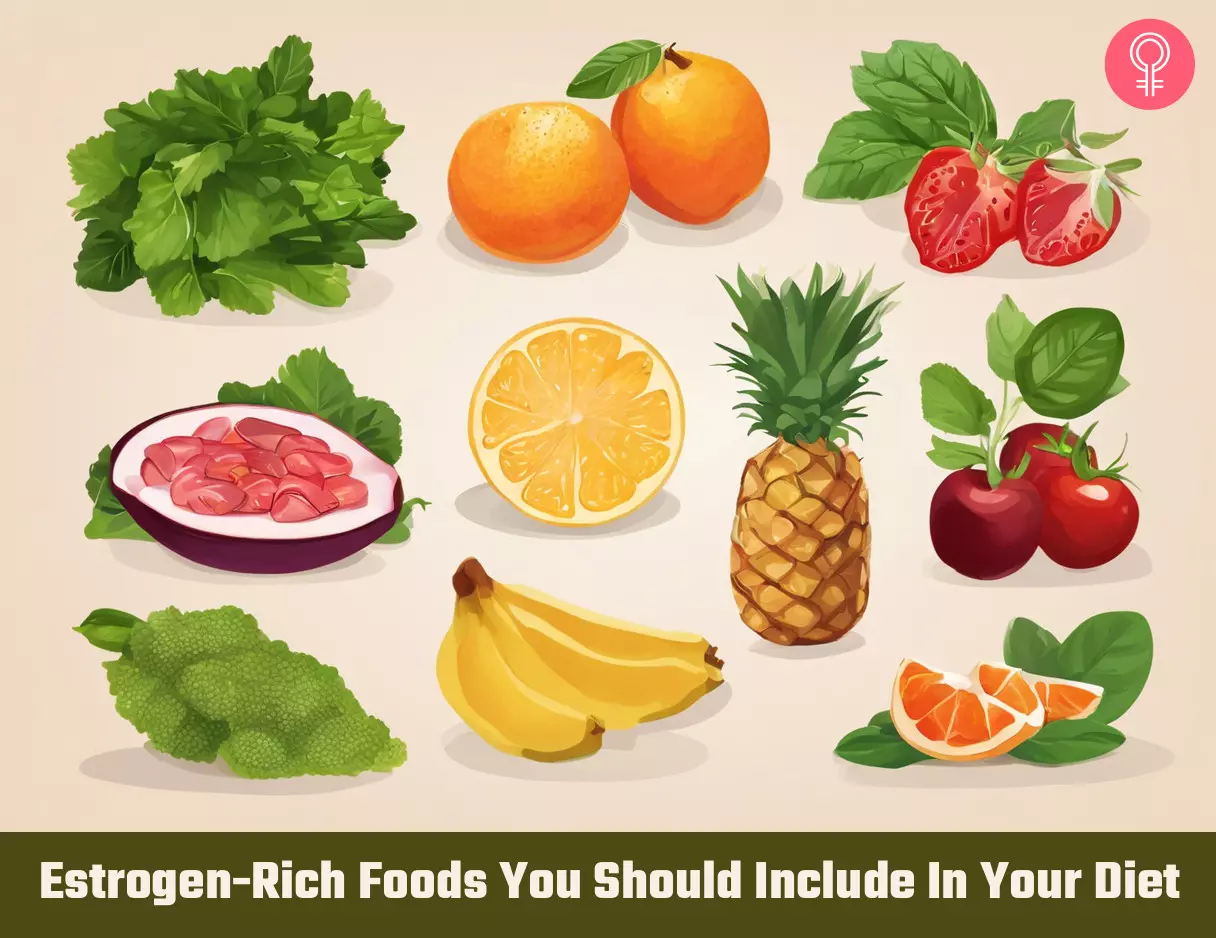
Image: Stable Diffusion/StyleCraze Design Team
References
Articles on StyleCraze are backed by verified information from peer-reviewed and academic research papers, reputed organizations, research institutions, and medical associations to ensure accuracy and relevance. Read our editorial policy to learn more.
- “What Is Estrogen?”
- “Menstrual cycle: basic biology” US National Library of Medicine. 2008.
- “Estrogen’s Effects on the Female Body” University of Rochester Medical Centre. Paula Goode, Daniel Sacks.
- “Determination of Biochemical Composition…”.Foods, 2025.
- “Drinking levels defined”.National Institute on Alcohol Abuse and Alcoholism.
- “Perimenopause”.Perimenopause. Mayo Clinic. Oct 2016.
- “Phytoestrogens and Their Health Effect,”.Open Access Macedonian Journal of Medical Sciences, 2019
- “The Effect of Alternating High-Sucrose and Sucrose Free-Diets, and Intermittent One-Day Fasting on the Estrous Cycle and Sex Hormones in Female Rats”US National Library of Medicine..
- “Cigarette Smoking and Effects on Hormone Function in Premenopausal Women”US National Library of Medicine.
- “Sleep, Sleep Disturbance and Fertility in Women”. Sleep Med Rev. Aug 2015.
- “Estrogen (oral route, parenteral route…”MayoClinic.
- “The potential health effects of dietary phytoestrogens” US National Library of Medicine.
- “Side effects of phytoestrogens: a meta-analysis of randomized trials”. US National Library of Medicine.
- “Are Phytoestrogens a Natural Alternative to Estrogen Replacement Therapy”. US Milo Gibaldi. Oct 2000.
- “What Are Bioidentical Hormones”.Harvard Health Publications. Aug 2006.
- “Black Cohosh”. Black Cohosh. National Center for Complementary and Integrative Health. Sept 2016.
- “https://pubmed.ncbi.nlm.nih.gov/27440539/”. The Western dietary pattern is associated with increased serum concentrations of free estradiol in postmenopausal women: implications for breast cancer prevention
- “https://pubmed.ncbi.nlm.nih.gov/10746634/”. Vitamin D is an important factor in estrogen biosynthesis of both female and male gonads
- “https://www.ncbi.nlm.nih.gov/pmc/articles/PMC4524299/”. Hormones in Dairy Foods and Their Impact on Public Health – A Narrative Review Article
- “https://www.ncbi.nlm.nih.gov/pmc/articles/PMC8221897/”. Dietary Vitamin C and Age-Induced Lipid and Hormonal Metabolic Changes in a Humanized Mouse Model Not Synthesizing Vitamin C and Producing Lipoprotein(a) [Gulo (−/−); Lp(a)+]
- “https://www.ncbi.nlm.nih.gov/pmc/articles/PMC3866684/”. Dietary Vitamin C and Age-Induced Lipid and Hormonal Metabolic Changes in a The structural biology of oestrogen metabolism
- “https://pubmed.ncbi.nlm.nih.gov/34929824/”. Ginger honey affects cortisol, estrogen and glutathione levels; preliminary study to target preconceptional women
Read full bio of Girlene Coughlin
- Blanca Garcia, RDN, has 8 years of experience as a nutrition specialist. She graduated from California State University of Los Angeles in 2011 and interned at the University of Puerto Rico Medical Science Campus in 2012. She services clients in both English and Spanish.
 Blanca Garcia, RDN, has 8 years of experience as a nutrition specialist. She graduated from California State University of Los Angeles in 2011 and interned at the University of Puerto Rico Medical Science Campus in 2012. She services clients in both English and Spanish.
Blanca Garcia, RDN, has 8 years of experience as a nutrition specialist. She graduated from California State University of Los Angeles in 2011 and interned at the University of Puerto Rico Medical Science Campus in 2012. She services clients in both English and Spanish.
Read full bio of Ravi Teja Tadimalla
Read full bio of Arshiya Syeda
Read full bio of Aparna Mallampalli






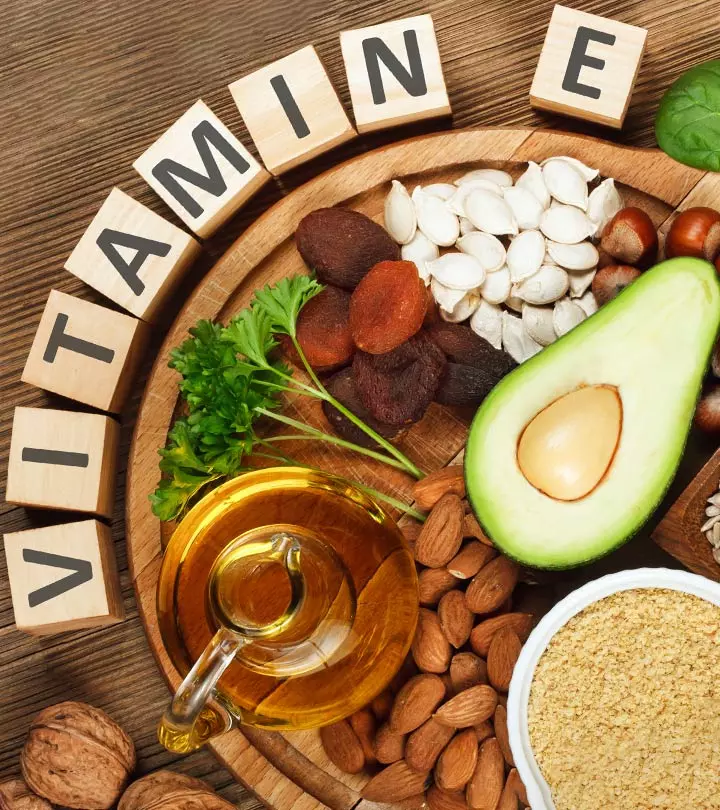
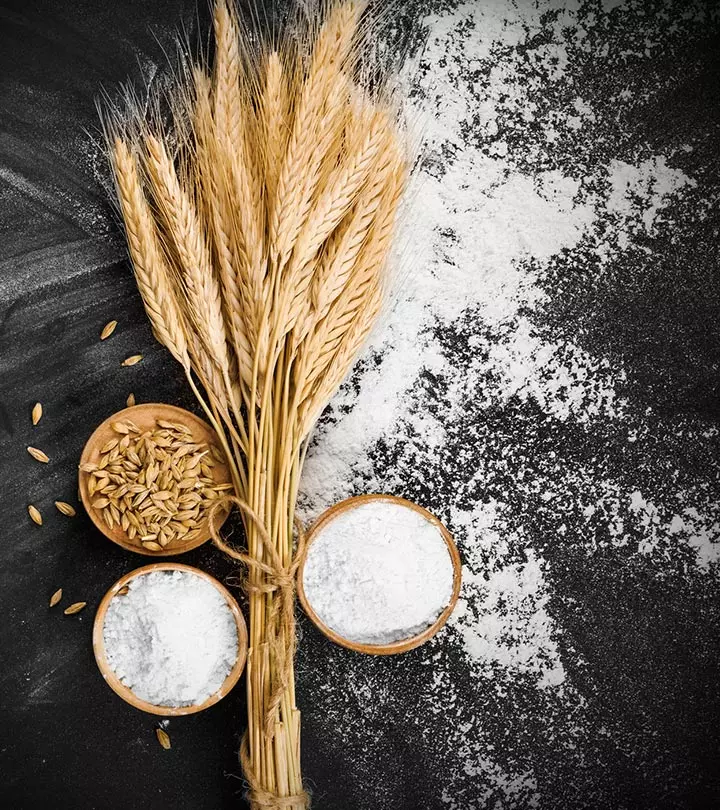
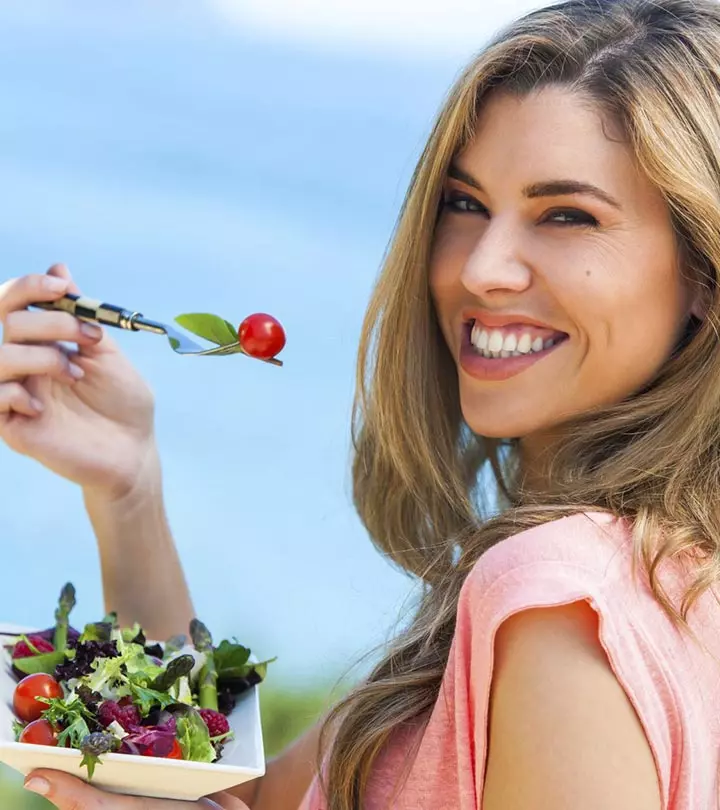
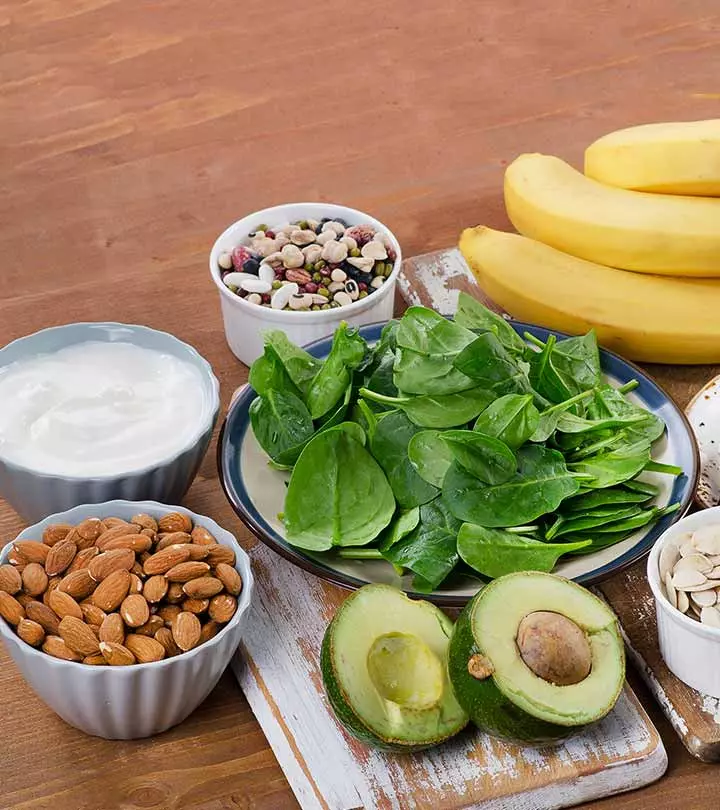
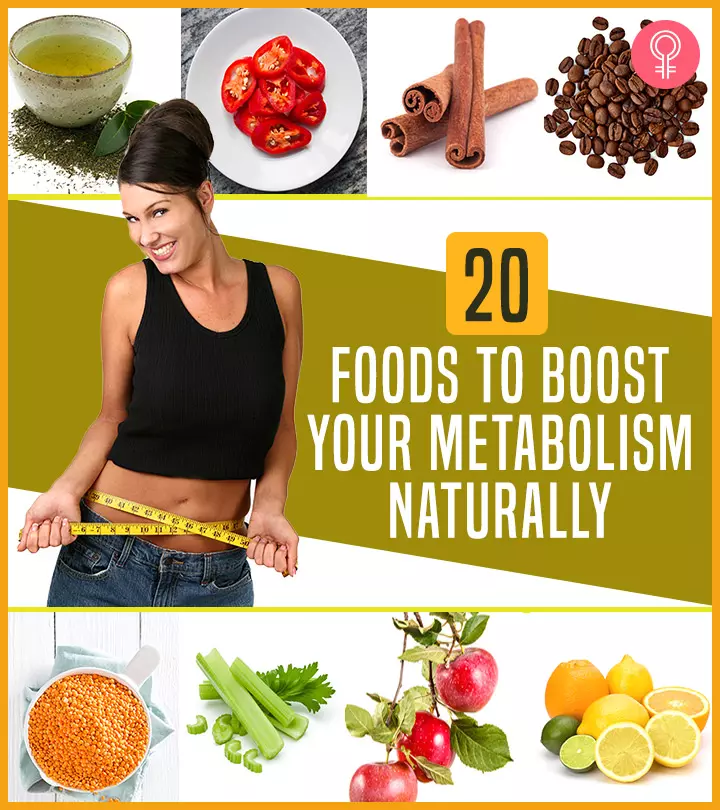

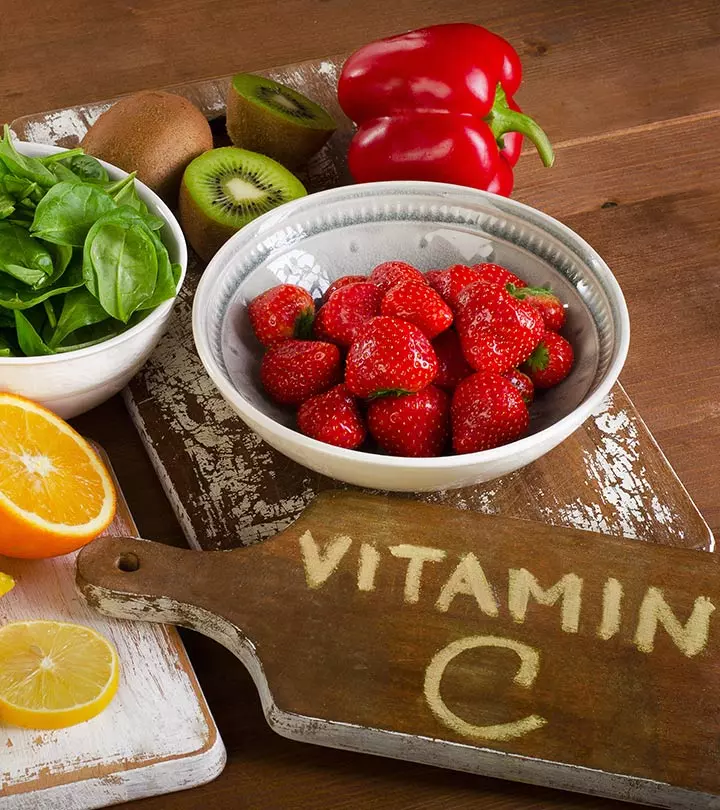
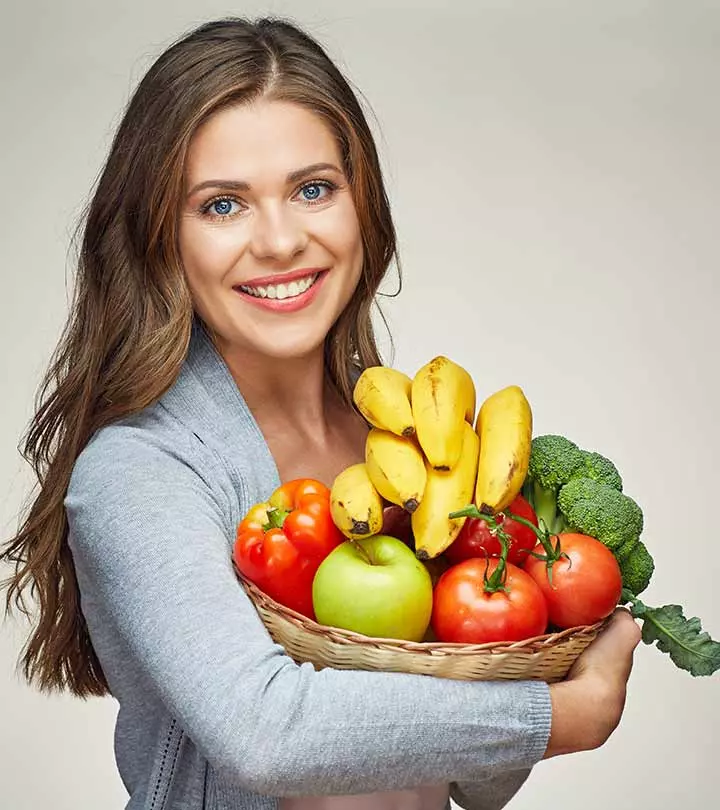

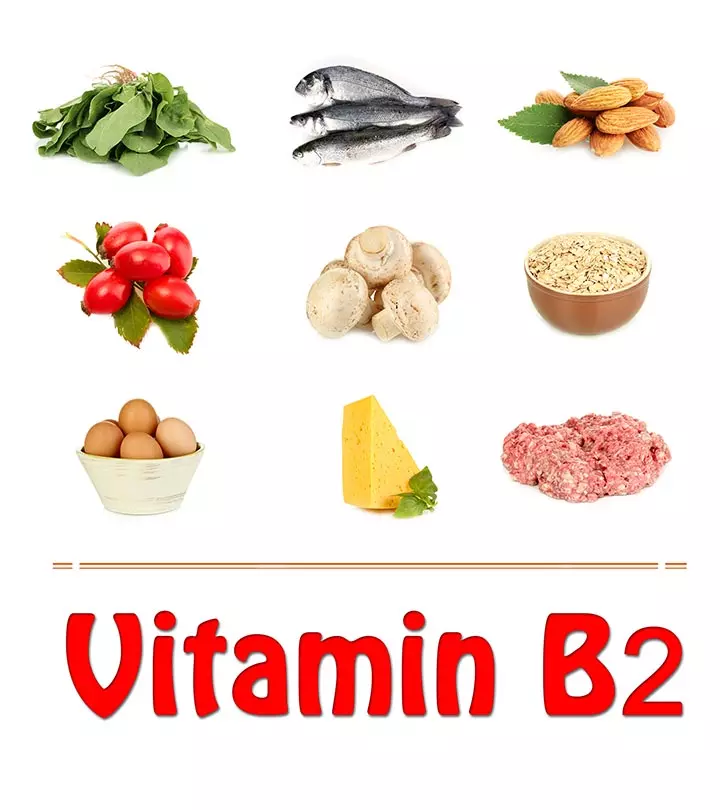
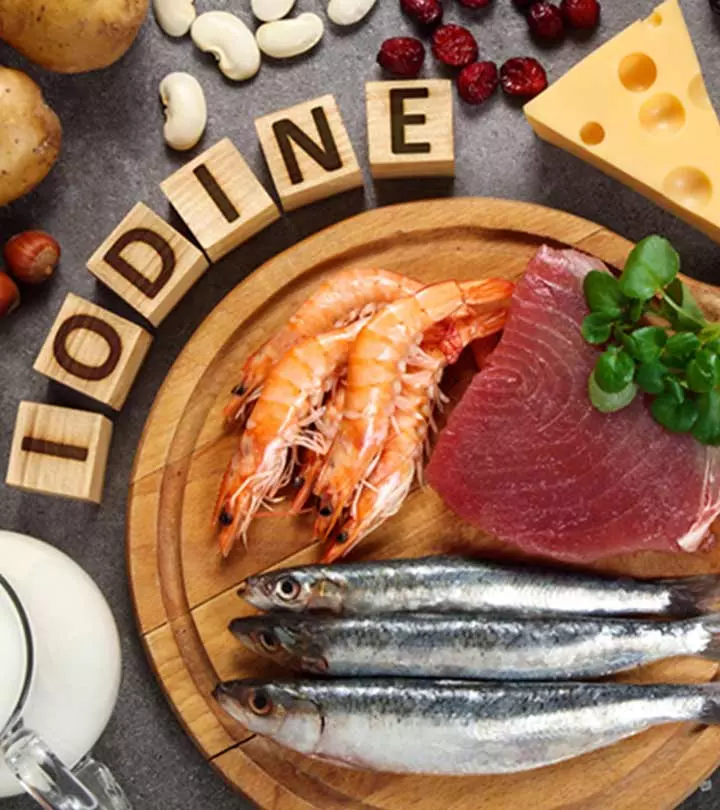
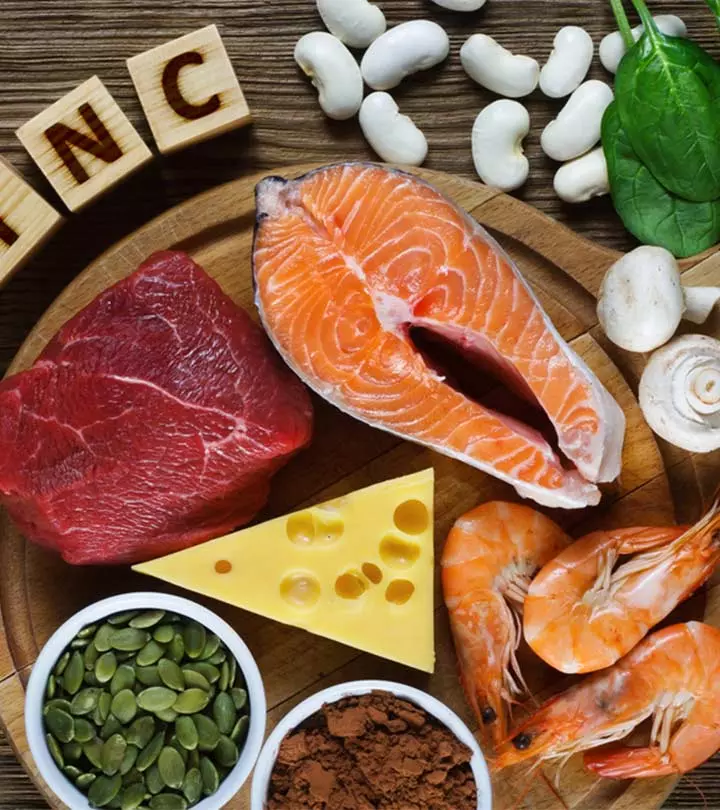
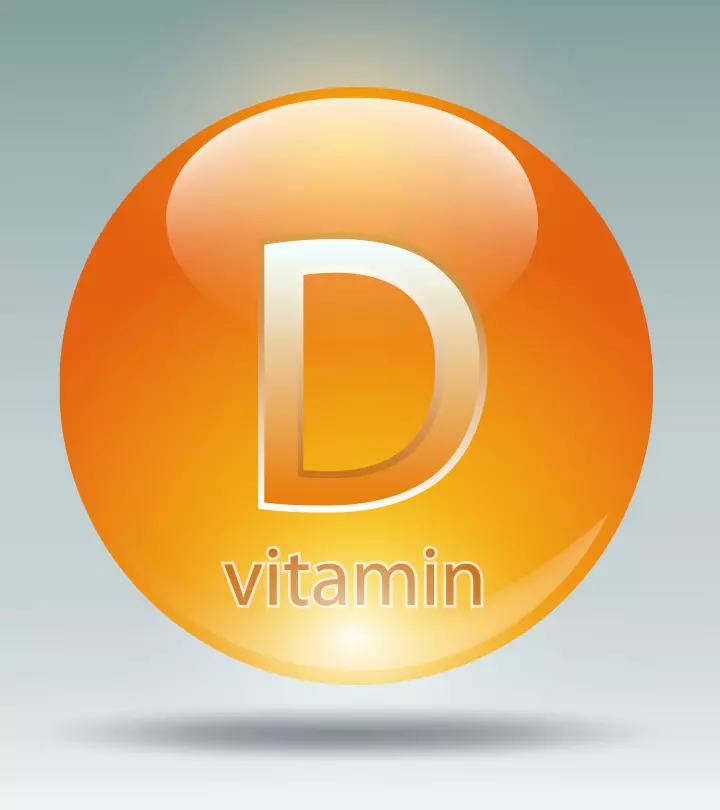
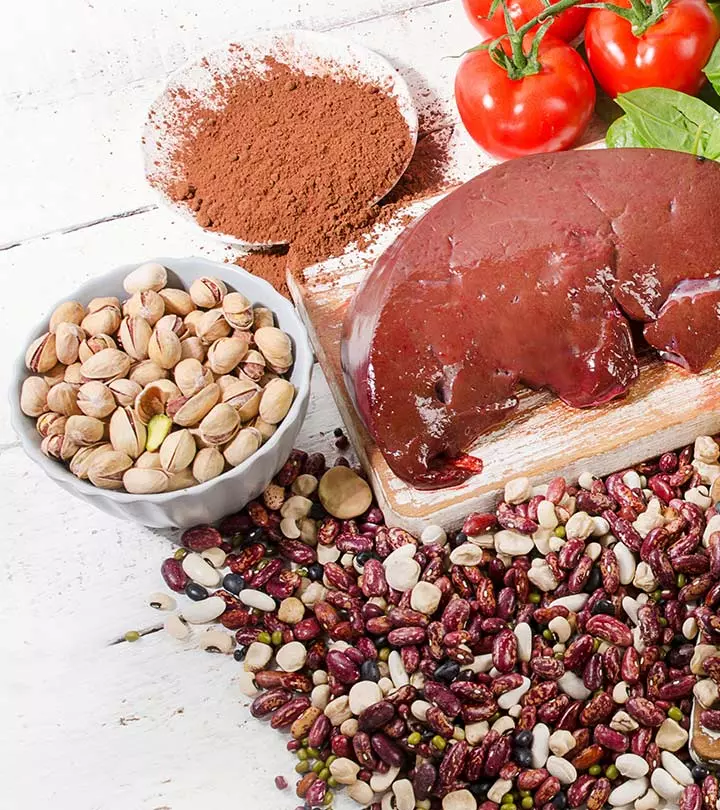
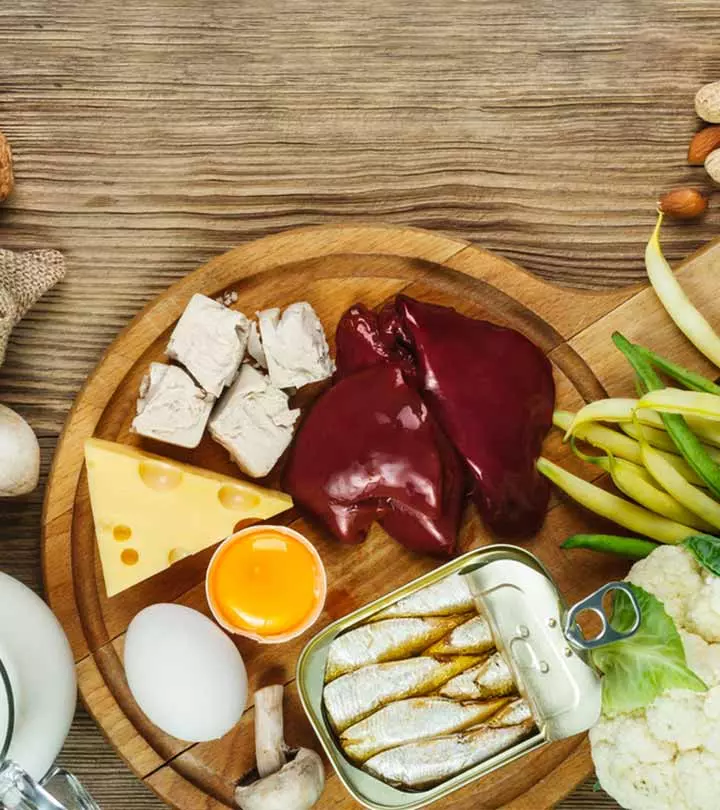
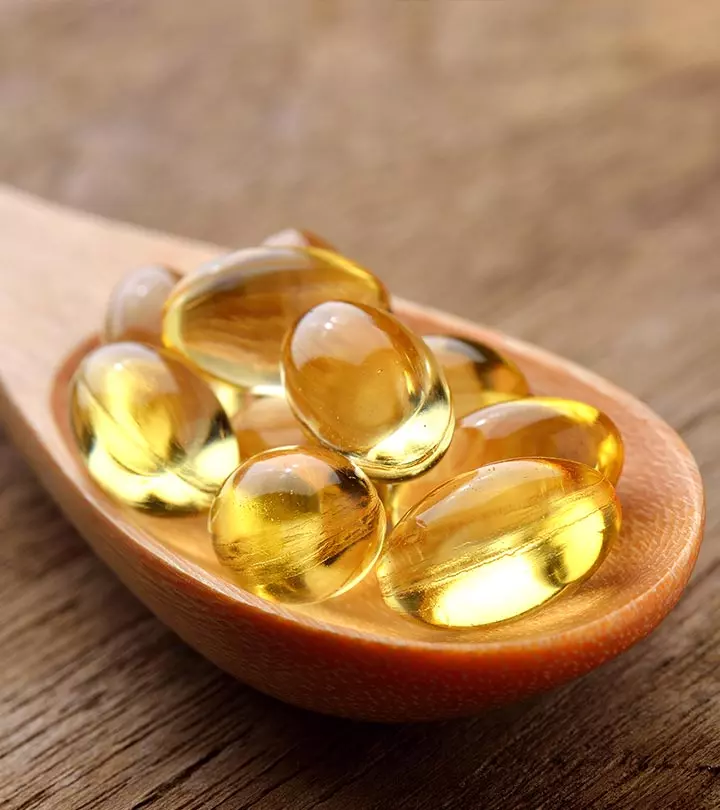
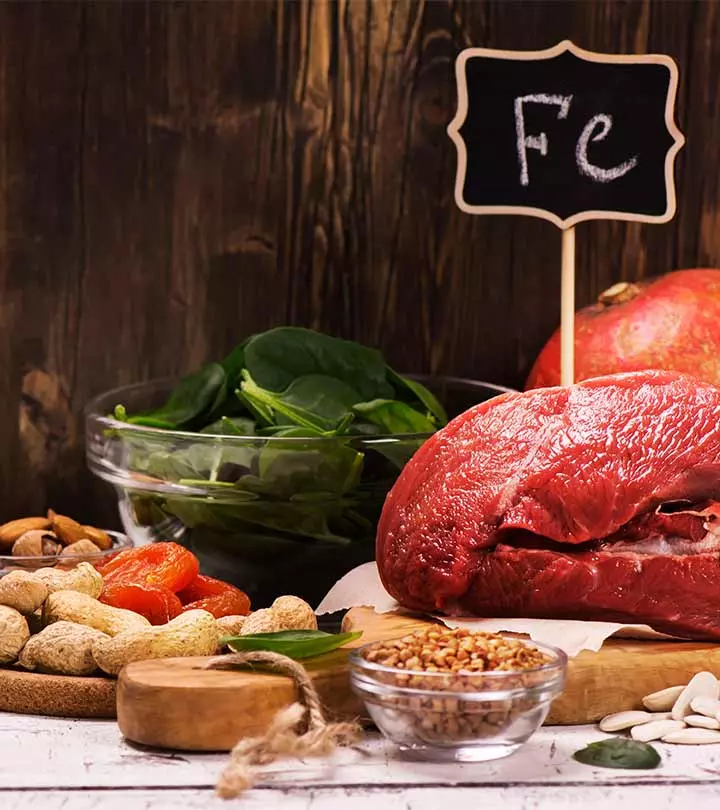
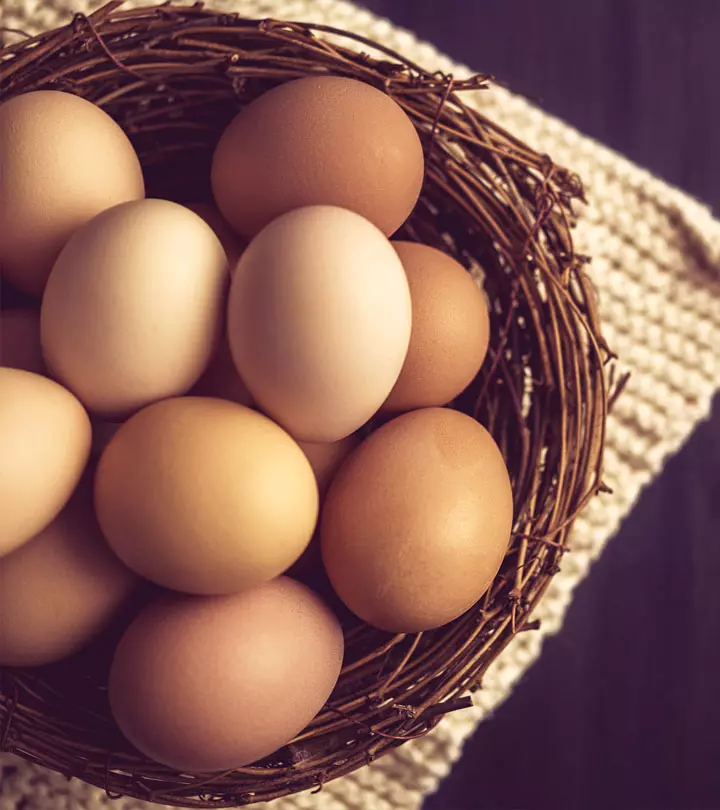
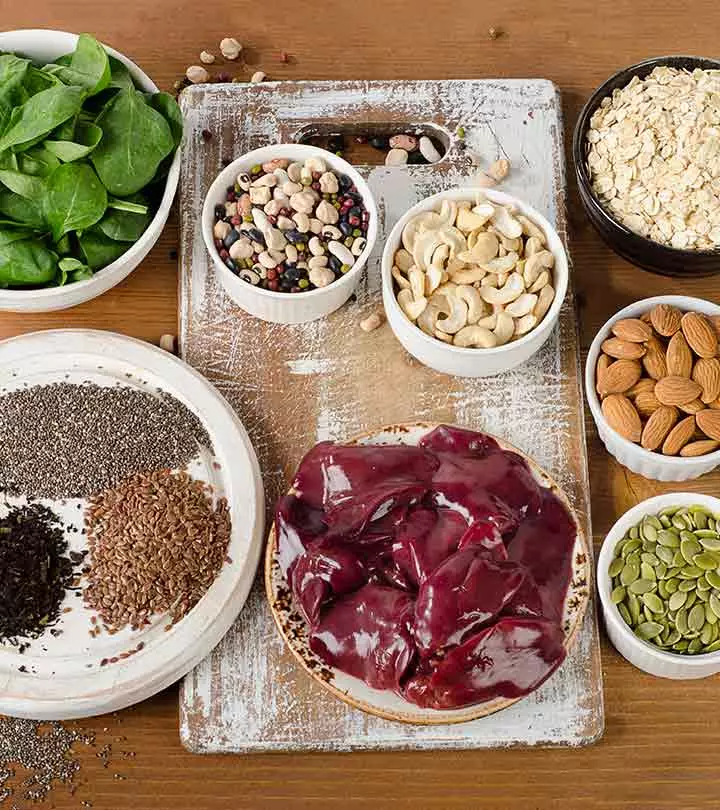
Community Experiences
Join the conversation and become a part of our empowering community! Share your stories, experiences, and insights to connect with other beauty, lifestyle, and health enthusiasts.